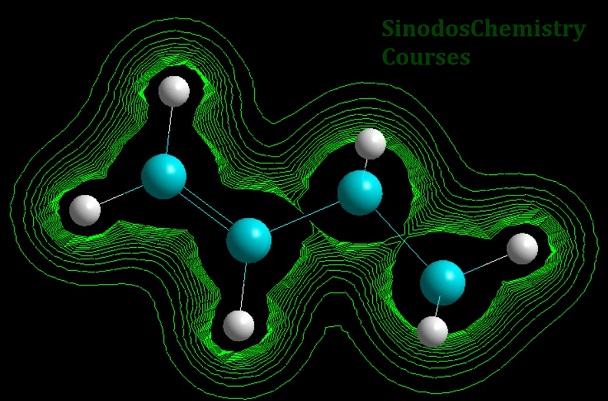High performance liquid chromatography

Analytical methods play a vital role in any laboratory and any industrial process. They are used as a means of identifying concentrations and compositions of different phases and mixes under varying conditions and accuracy requirements. Besides the traditional analytical methods, other versions of them are currently popular and widespread, such as High performance liquid chromatography [HPLC]. HPLC offers superb advantages in comparison to classical liquid chromatography as discussed in this scientific course. Modes of operation, principles, installation are also described in detail.
Objectives
In this program, you will:
- Refresh the analytical methods used today
- Understand the basic principles behind major analytical approaches
- Understand in detail the features of HPLC and its advantages
- Understand how to identify optimum cases for HPLC in the laboratory or in the industry
Contents
- Introduction to analytical approaches
- Operating principles for major analytical methods
- Introduction to adsorption, absorption, liquid chromatography
- Separation columns
- LC vs HPLC
- Configuration of HPLC
- Adsorbent [solid phase] attributes and functionality
- Solvents [pressurized liquid phase] attributes and functionality
- Investigation of solid – fluid phase interactions and optimization
- Sizing of HPLC
- Comparison to other analytical methods; advantages and shortcomings
- Examples and case studies
- Isocratic elution and gradient elution modes
- Partition chromatography
- Displacement chromatography
- Reverse phase chromatography
- Normal phase chromatography
- Size exclusion chromatography
- Ion exchange chromatography
- Aqueous normal phase chromatography
- Advances and current status
- Review of applications
Who should attend?
This course in intended for:
- All professionals working in a field of interest that need to enhance their understanding on HPLC
- Management members that need to understand requirements and possibilities in the field
- University students (industrial engineers, chemical engineers, mechanical engineers) looking for an improved understanding of non-destructive techniques
Variations of the suggested outlines can be prepared on demand (terms and conditions apply)
